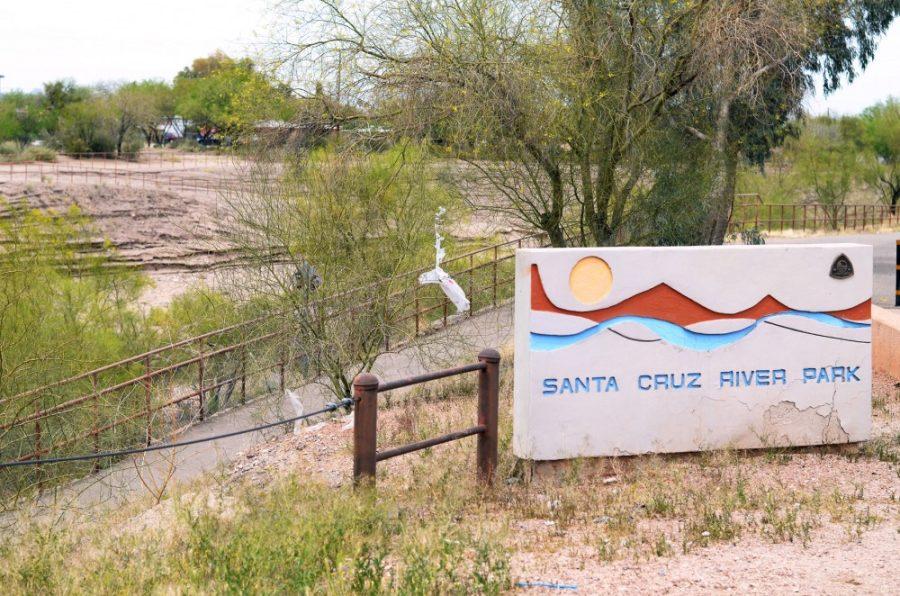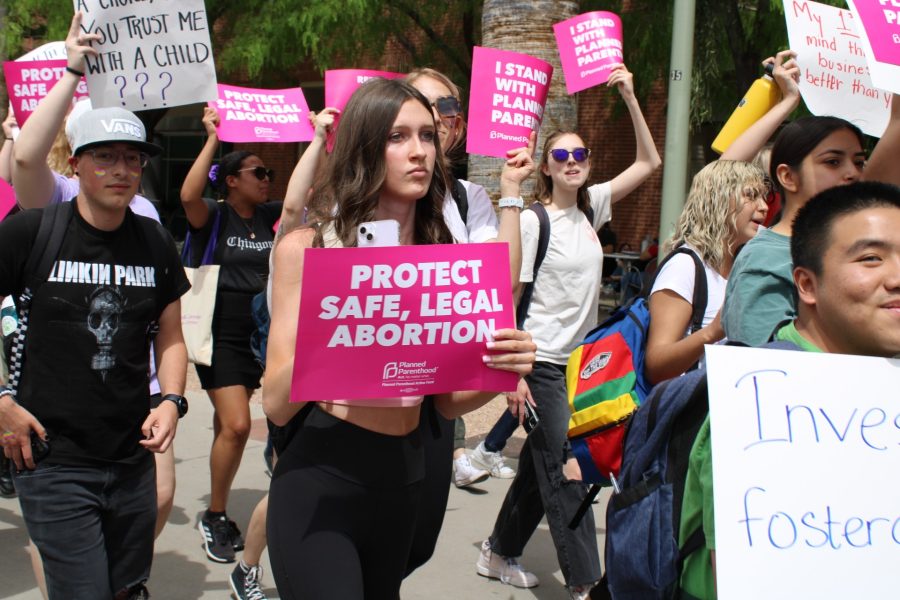The UA has started a new climate change research center to identify ways people can adapt to climate change.
The Center for Climate Adaptation Science and Solutions is directed by Kathy Jacobs, a professor in the Department of Soil, Water and Environmental Science. Prior to returning to the UA, Jacobs worked in the Office of Science and Technology Policy for the White House and on the National Climate Assessment.
“One focus for the center will be preparedness for extreme events and rapid changes in environmental conditions,” Jacobs said in a statement on the UA Environment and Sustainability Portal.
Thomas Meixner, a professor in the department of hydrology and water resources at the UA, said he attended one of the center’s presentations, where one of the topics discussed was bridging the gap between science and decision-making. The two focus areas of the center are mitigation and preparation for climate change.
Mitigation refers to reducing human impact, such as the carbon footprint, Meixner said, adding that scientists know climate change is going to happen, so preparation is important.
Hoshin Gupta, a professor in the department of hydrology and water resources, said it is currently a problem that the water supply in the Southwest isn’t increasing as more people move to the region.
“[It is] important to know how that will affect our access to water supply,” Gupta said.
Gupta said he thought highly of the science-based research programs at the university.
Decision makers in relation to climate change include government officials, farmers, politicians and workers in the Central Arizona Project, Meixner said.
Another goal of this new center is to focus on the broader impacts of its research on the public, Meixner said, such as how to make the world a better place.
“The center will in part be a clearing house for the public to interact with the folks at the university. … I guess that’s one of my hopes,” Meixner said.
Meixner said he and researchers in the new center want to see more unification among researchers in climate change.
“If the scientists and decision-makers are working together, they can co-produce new decisions or new knowledge about what needs to or could be done,” Meixner said.









